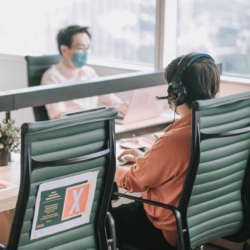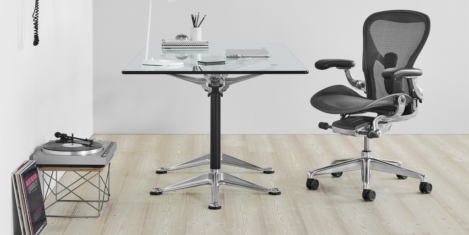July 28, 2020
Containing office costs in the post-lockdown era
 As companies transition back to the office and set out on the road to economic recovery, business leaders are focussed on developing resilient and sustainable strategies. Faced with a new business environment, companies are looking for opportunities to contain office costs, both in the short-term and in the future. Some who have been immune from cost pressures in the past are looking to contain if not reduce costs for the first time. And, after a forced trial of remote working, many are viewing their property portfolio in a new light and questioning whether they are paying for more space than they need. (more…)
As companies transition back to the office and set out on the road to economic recovery, business leaders are focussed on developing resilient and sustainable strategies. Faced with a new business environment, companies are looking for opportunities to contain office costs, both in the short-term and in the future. Some who have been immune from cost pressures in the past are looking to contain if not reduce costs for the first time. And, after a forced trial of remote working, many are viewing their property portfolio in a new light and questioning whether they are paying for more space than they need. (more…)


































August 6, 2020
Cycling might be about to change our lives and offices permanently
by Eugene Tavyev • Cities, Comment, Workplace design